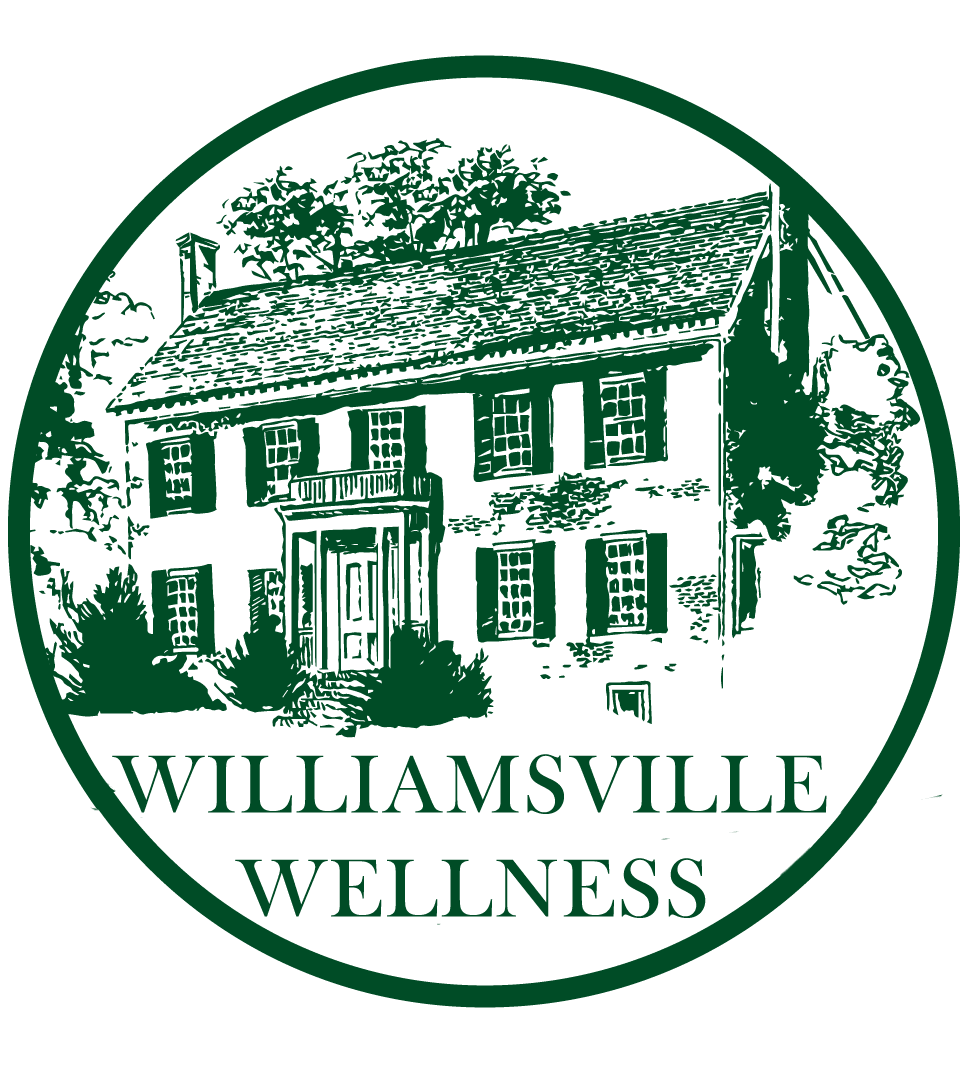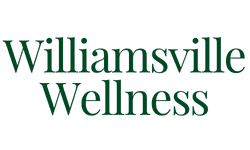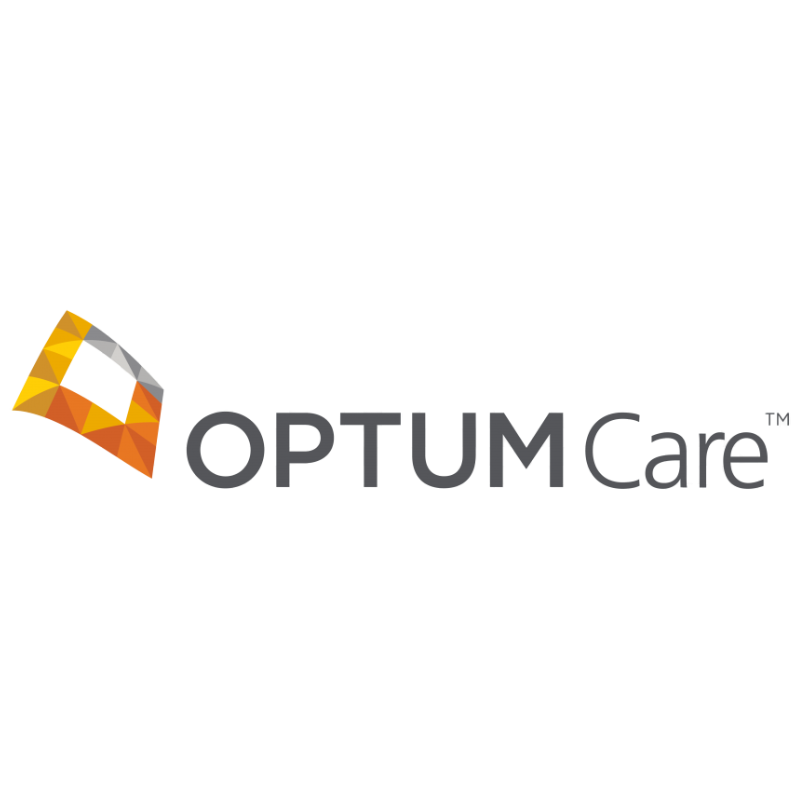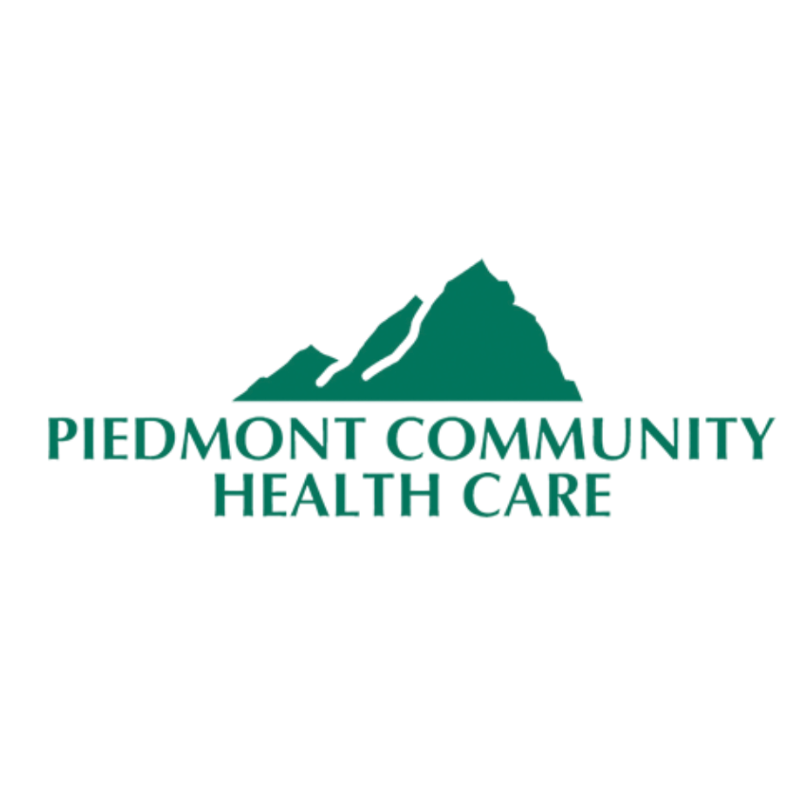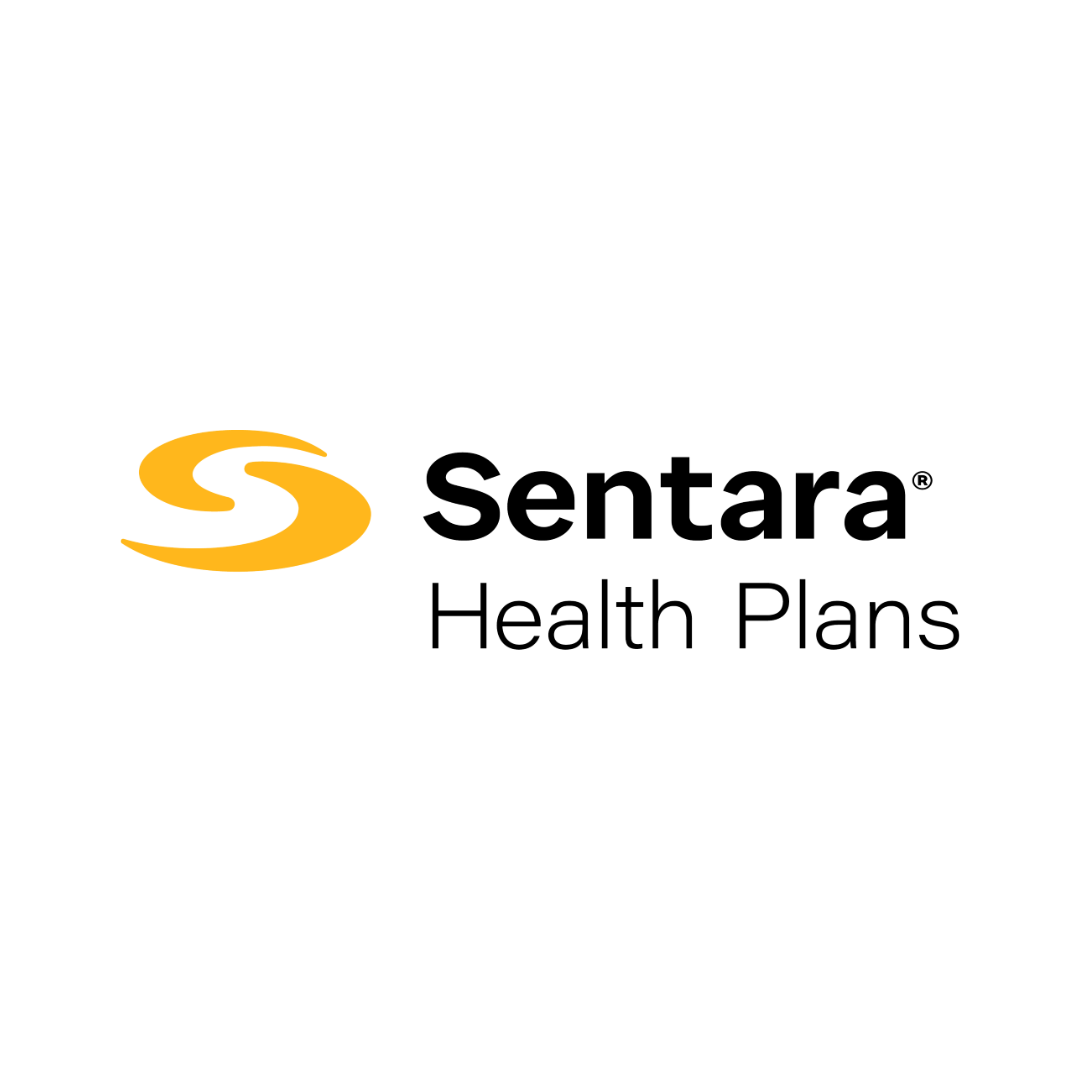Flexible 6-Week Addiction Treatment In VA
Innovative flexible 6-week addiction treatment program: 3 weeks residential inpatient care followed by 3 weeks of online PHP. Located on 400 acres in Hanover, VA with seamless transition to virtual care.
What is Flexible 6-Week Addiction Treatment?
A unique 6-week hybrid program combining residential inpatient care with online PHP for optimal recovery and real-world transition.
Hybrid Residential + Online PHP Model
Our Flexible 6-Week Addiction Treatment program in VA offers an innovative hybrid approach at Williamsville Wellness. This unique program combines the intensive support of residential treatment with the practical benefits of online partial hospitalization programming.
Days 1-21: Residential inpatient treatment on our 400-acre campus in Hanover, VA
Days 22-42: Online PHP allowing you to practice recovery skills in your home environment while maintaining clinical support.

Who Benefits from Flexible 6-Week Addiction Treatment?
Our flexible 6-week addiction treatment in VA serves individuals seeking intensive care with practical real-world transition support.
Work & Family Balance
Perfect for those who need intensive residential care but want to minimize time away from work and family responsibilities through our online PHP transition.
Real-World Application
Practice recovery skills in your home environment during online PHP while maintaining clinical support and accountability from our team.
Technology-Comfortable Individuals
Ideal for those comfortable with virtual therapy sessions and online programming who want the best of both residential and remote treatment modalities.
Why Choose Williamsville Wellness?
Discover what sets our flexible 6-week addiction treatment in VA apart from other addiction treatment centers.
Best of Both Worlds: Residential + Online
Our flexible 6 week addiction treatment program offers the intensive foundation of residential care combined with the practical benefits of online PHP. This unique 6 week model provides comprehensive support while allowing you to gradually transition back to your daily life.
Our 6 Week Hybrid Model Advantages:
- Intensive Foundation: First 21 days residential for stable recovery base
- Practical Transition: Final 21 days online PHP practicing skills at home
- Small Setting: Only 14 beds for personalized attention
- Beautiful Campus: 400+ acre wooded property in Hanover, VA
- Seamless Technology: Smooth transition to virtual programming

Your 6-Week Hybrid Treatment Journey
A structured 6-week path combining residential care with online PHP for optimal recovery and real-world application.
Assessment & Residential Foundation
Comprehensive evaluation and intensive residential treatment begins on our 400-acre campus. Focus on stabilization, individual therapy, group sessions, and building core recovery skills in a supportive environment.
Continued Residential Care
Deepened therapeutic work continues with individual therapy, family involvement, trauma processing, and preparation for transition to online PHP programming.
Transition to Online PHP
Begin online partial hospitalization programming from home. Continue intensive therapy sessions virtually while practicing recovery skills in your real-world environment with ongoing clinical support.
Integration & Aftercare Planning
Complete online PHP with focus on long-term recovery planning, continued virtual therapy, family integration, and transition to appropriate ongoing care level.
Additional Treatment Programs
Explore our other specialized treatment programs designed for specific populations and needs.
Veterans Treatment
Specialized residential treatment designed specifically for veterans dealing with addiction and trauma, with military-informed care approaches.
Gambling Addiction
Comprehensive treatment for gambling addiction including behavioral therapy, financial recovery planning, and impulse control strategies.
Virtual Programs
Remote intensive outpatient and partial hospitalization programs for Virginia residents who need flexible treatment options.
What to Expect During Treatment
A comprehensive look at both residential and online PHP components of our hybrid program.
Days 1-14: Residential Therapy
- Daily individual therapy sessions
- Group therapy and processing
- CBT, DBT, and trauma-informed care
- Family session preparation
- Mindfulness and wellness groups
- 24/7 residential support
Days 15-28: Online PHP Programming
- Virtual individual therapy sessions
- Online group therapy participation
- Family session integration
- Real-world skills practice
- Recovery planning and goal setting
- Continued clinical support
Residential Campus Life
- 14-bed intimate facility setting
- 400+ acre wooded campus
- Chef-prepared nutritious meals
- Fitness center and outdoor activities
- Comfortable home-like environment
- Technology access preparation for PHP
Virtual Support & Technology
- Secure online therapy platform
- Virginia residents only
- Flexible scheduling options
- Crisis support availability
- Family involvement facilitation
- Aftercare transition planning
Insurance & Financial Options
We are in-network with most major insurance companies.
What Our Alumni Say
Frequently Asked Questions
Ready to Start Your Recovery Journey?
Don't wait another day. Our compassionate admissions team is here to answer your questions and help you take the first step toward our innovative flexible 6 week addiction treatment program - designed for real-world recovery success.
Call Now - (804) 655-0094